Top Gardening Tips for Beginner Gardeners
Are you curious about starting your very first garden but feel intimidated that you really don’t know what you’re doing? That’s okay. Even the most experienced gardeners at one time had to start where you are. By following just a few of these little bits of advice, you too can have the same confidence, along with a beautiful garden when you’re finished. Here are a few of the top gardening tips for beginner gardeners. This is where I buy my seeds: SeedsNow
Top Gardening Tips for Beginner Gardeners
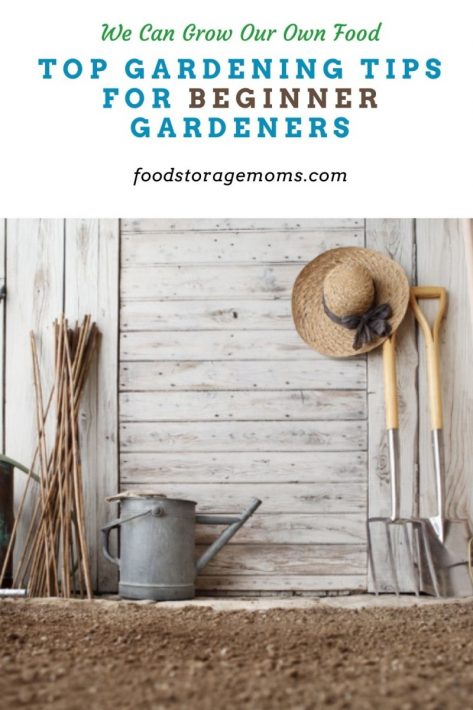
Have the Right Tools for the Job
Don’t get caught being the type of beginner who thinks that when it comes to gardening, all you really need is a watering can, shovel, and a pair of gloves. That’s a great start, but there are a few other important gardening tools that would be missing.
Have you ever heard of a pruner? It’s a tool that helps promote growth by removing twigs, branches, and stems that are no longer living. There’s a handful of other tools that may be new to you as well. Here’s a closer look at some of the basic gardening tools and tips that you will need if you hope to be a successful gardener.
Know Your Zone
As a gardener, you need to know and understand your hardiness zone so that you have a good idea which plants will grow and thrive in your garden. If you live in a colder region and hope to plant something that only grows in a tropical region, you’re not going to have the results you’re hoping for. So even before you pick and choose your plants, be familiar with which ones will work best in your area. Here’s more on how to find out what hardiness zone you live in.
Avoid the Frost
Planting too early and before the last frost can wreak havoc on several plants in your garden. The same holds true if you’re choosing to plant later on in the season. Be sure to find out when the average last spring frost takes place in your area, along with the first fall frost, and then plant accordingly.
That’s not to say that even the most experienced gardeners don’t run into frost at some point, because they do. Just be sure that you pay close attention to how low the temperature will reach during the night and cover your plants, if necessary.
Choose the Right Location
Just like when you’re trying to find the right house, it also comes down to the right location when you’re planning your first garden. Your garden needs to be placed in a spot where you’ll not only see it, (and not forget about it) but also where it’s receiving plenty of direct sunlight throughout the day. Most plants, whether it’s vegetables, fruits, or herbs, need a minimum of 6 hours of sun each day. So, even before you begin, I’d encourage you to check each day for a few days out in your backyard in order to find out where the sun spends most of its time as the season progresses.
Remain Close to a Water Source
Having to carry a bucket of water across your lawn repeatedly day after day doesn’t make a whole lot of sense. You may even find yourself getting burnt out with gardening even before you can reap the benefits. So instead, make sure that you place your garden in a spot that your garden hose can easily reach your plants, or even better, there is a place to hook into the sprinkler system for a very consistent approach to watering.
Watering Tip: If you’re not sure if your plants need watering, poke your finger into the soil next to your plants, about knuckle deep. If the soil is dry, you’ll know it’s time to water.
Good Soil is Crucial
You may not fully realize it, but having good soil is an extremely important factor in how well your plants turn out. Your garden needs to have well-draining soil that’s also nutrient-rich. The best way to ensure that you do is to invest in Miracle-Gro All Purpose Garden Soil. It’s the perfect blend that your garden plants will thrive in. Simply mix in 3 inches deep of the garden soil additive with about 6-8 inches of your existing soil, and you should be good to go.
Choose the Right Plants
Even before you head to your local lawn and garden store, be sure to do your homework to find out which plants will do best in your growing conditions. You will want to make sure that you place plants that require more sunlight in a sunnier location in your garden, and plants in more of a shaded area if they do better in a cooler spot with not nearly as much sunlight.
If it’s your first time growing vegetables in your garden, maybe instead of trying to grow them directly from seed, you may want to try starting with young plants from places like Bonnie Plants.
Apply a Layer of Mulch
Adding a layer of mulch around the plants in your garden benefits them in a couple of different ways. For starters, it helps to reduce the amount of moisture loss caused by evaporation from direct sunlight. This means that you don’t have to use nearly as much water to keep your plants happy.
Mulch also helps to block out weeds so that your plants aren’t having to compete for real estate. You can use any type of bagged mulch, or some other type of organic material that you have available, whether you have shredded leaves, straw, or pine straw on hand. Now, this is one of those important gardening tips for beginner gardeners.
Provide that Much-Needed Boost for your Garden
I’ve already stressed to you the importance of having great soil, sunlight, and enough moisture for your garden, but that only gets you halfway home. Your garden will be much better off and have the boost that it needs when you provide plant food that’s high in nutrition. Consider using Miracle-Gro Water Soluble All Purpose Plant Food regularly in your garden while also following the label’s directions.
Please Check Out What To Plant Each Month:
- What To Plant In January
- What To Plant In February
- What To Plant In March
- What To Plant In April
- What To Plant In May
- What To Plant In June
- What To Plant In July
- What To Plant In August
- What To Plant In September
- What To Plant In October
Final Word
For those of you who are beginner gardeners, don’t find yourself overwhelmed with all of this new information. Start off small your first year and find out what worked best for you and what didn’t. What are some other helpful gardening tips for beginner gardeners you’d like to pass on? May God Bless this world, Linda.
Copyright Images: Garden Tools AdobeStock_227809929 by visivasnc

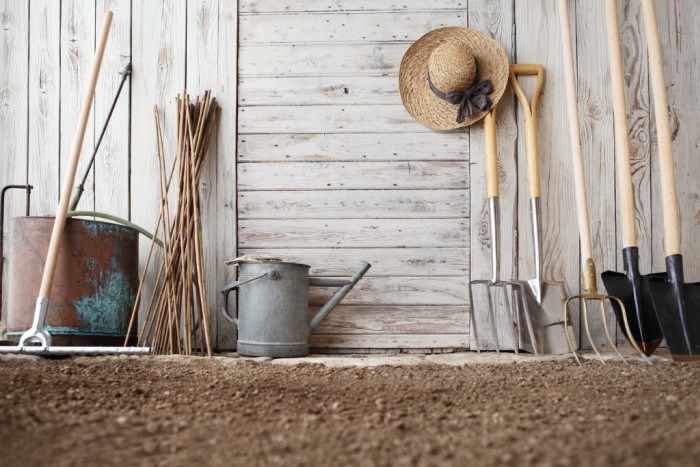

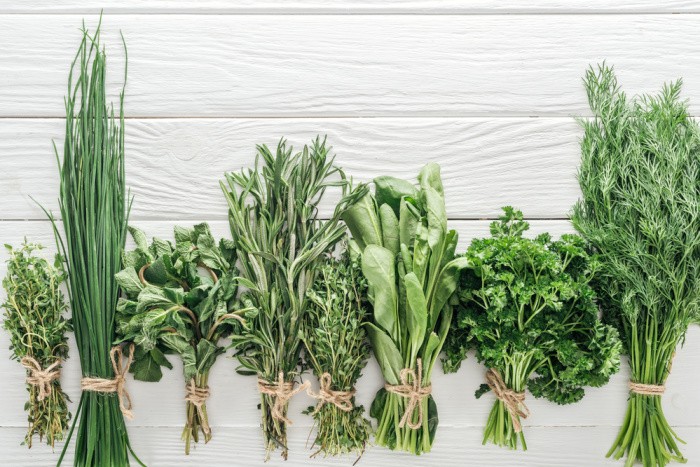
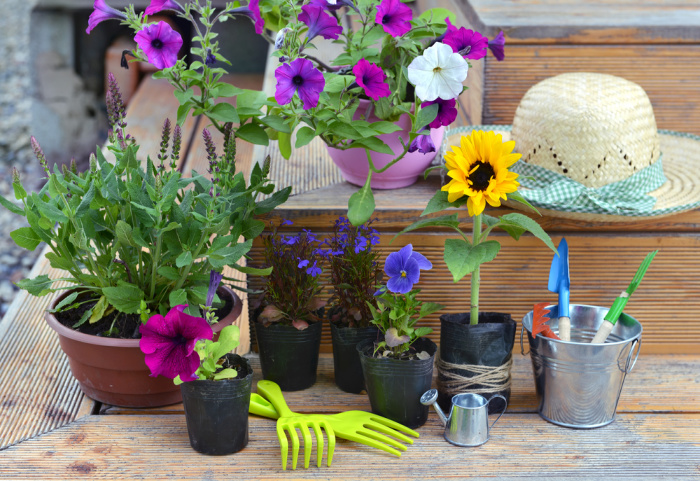
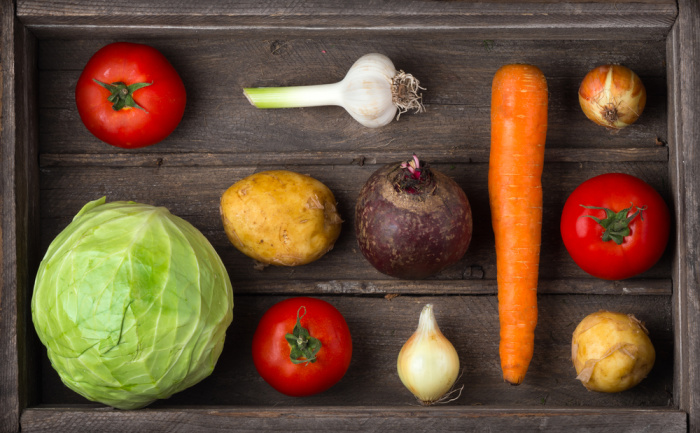
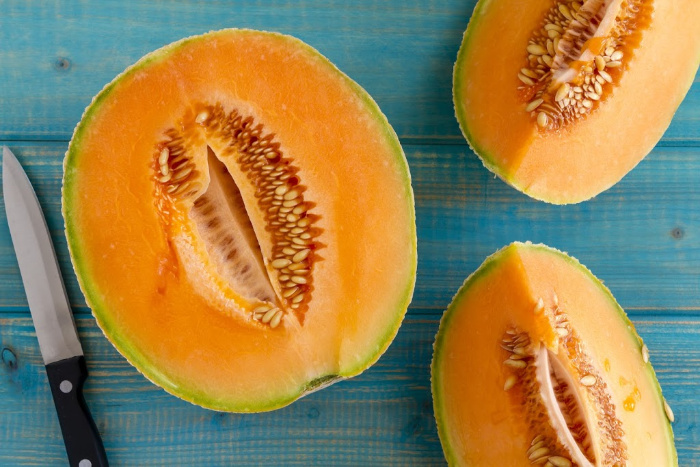
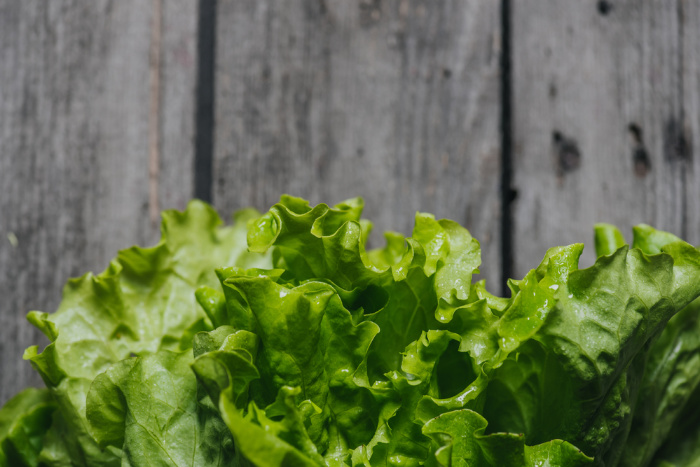
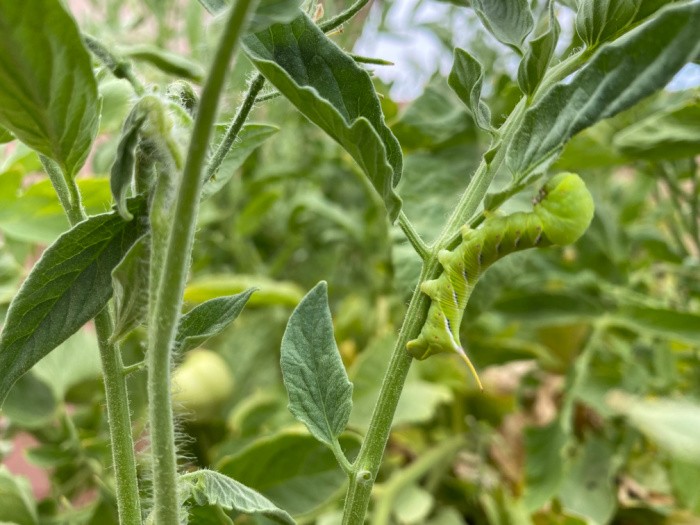













The weather is crushing us this year lol. It’s a rollercoaster. We’ve normally planted but I’ve got frost and even snow coming Tuesday which is crazy considering that’s bout 35 degrees below normal.
Still for you starters just enjoy the ride and take pride in your work.
Hi Matt, I agree the weather everywhere has been crazy! I keep watching the weather in case I need to cover everything. I live in the desert but you never know what the weather will be like. Nice weather, snow, rain, and then wind. Crazy times! Linda
My diary/journal says the second freeze that got our crape myrtles and other plants that had budded was April 1 last year.
Hi JayJay, it seems to change every year, right??? Linda
We got rid of most of our grass a few years ago and now have trees, bushes, and lots of gorgeous plants like roses and a big vegetable. We were going to put mulch on the top for weed control but ended up using compost instead. It was a great decision! The compost while not looking as “finished” as mulch not only kept out the weeds but also enhanced the soil with nutrients. So we rototilled some in the soil and put a several inch layer on top. We can rototill the top compost in the garden to make the soil better in the fall and add more compost on top for weeds in the spring. The problem with mulch is it takes nitrogen out of the soil as it decomposes so if you use it you need to add a lot of nitrogen back in. Compost enriches the soil. We get compost for a great price at the city’s landfill/green waste site – way cheaper than bags at a nursery if you need very much. Check your city to see if it’s an option where you live. Anyway, thought I’d share our experience.
Hi Kay, we can get the mulch here as well at the landfill. We don’t have a truck so I have to buy it in bags. I bet your yard is soooo beautiful! I love gardening and roses make me happy! Life is so good with a garden and trees. Linda
I just started gardening recently and this is really helpful for me. I was a bit overwhelmed since I don’t know much about plants and how to grow them yet. Seeing this blog encourages me, so thank you so much! I will take note of all of your tips.
Hi Eden, gardening is a learning curve. We all learn something new no matter how long we have been gardening. There is something super awesome picking our first tomato! Good luck, you can do it! Linda